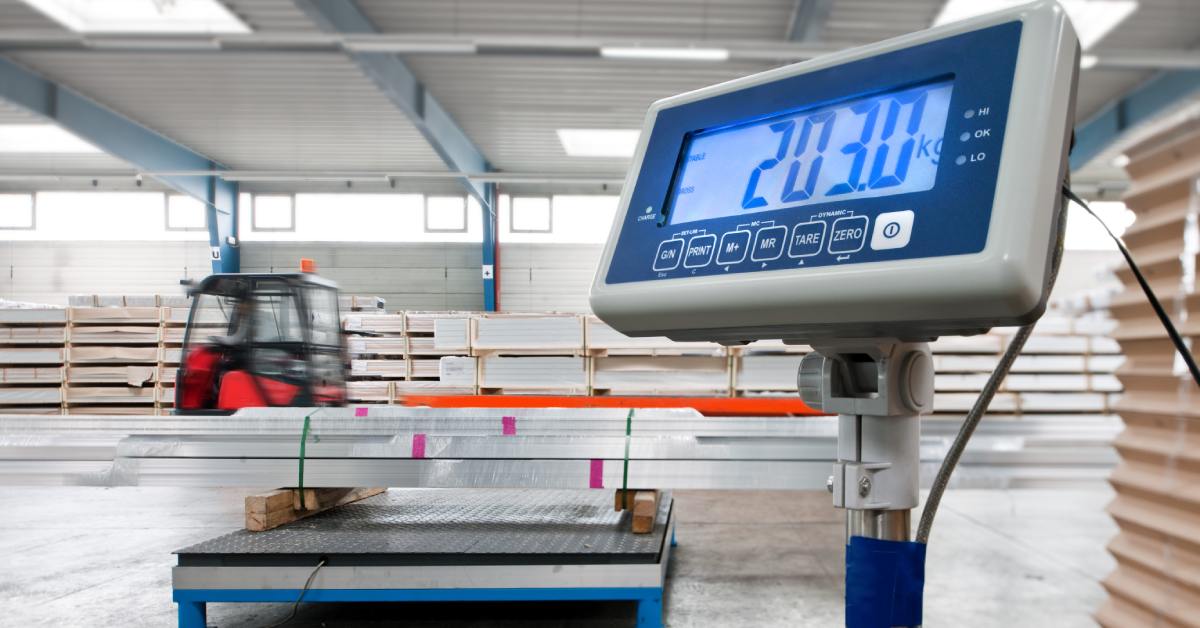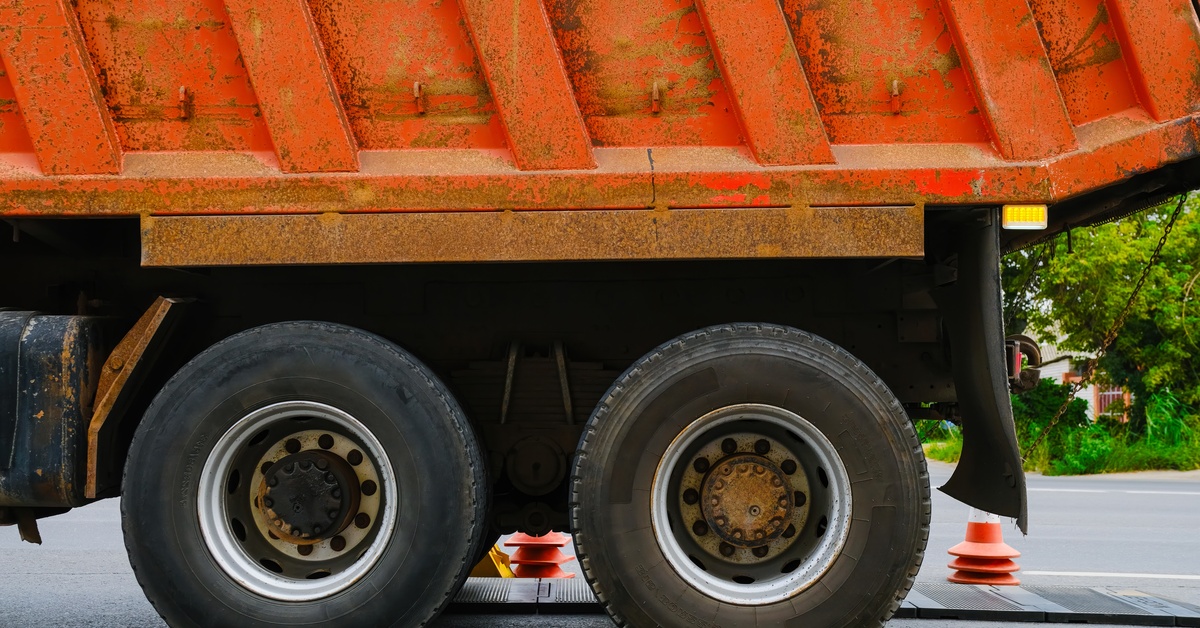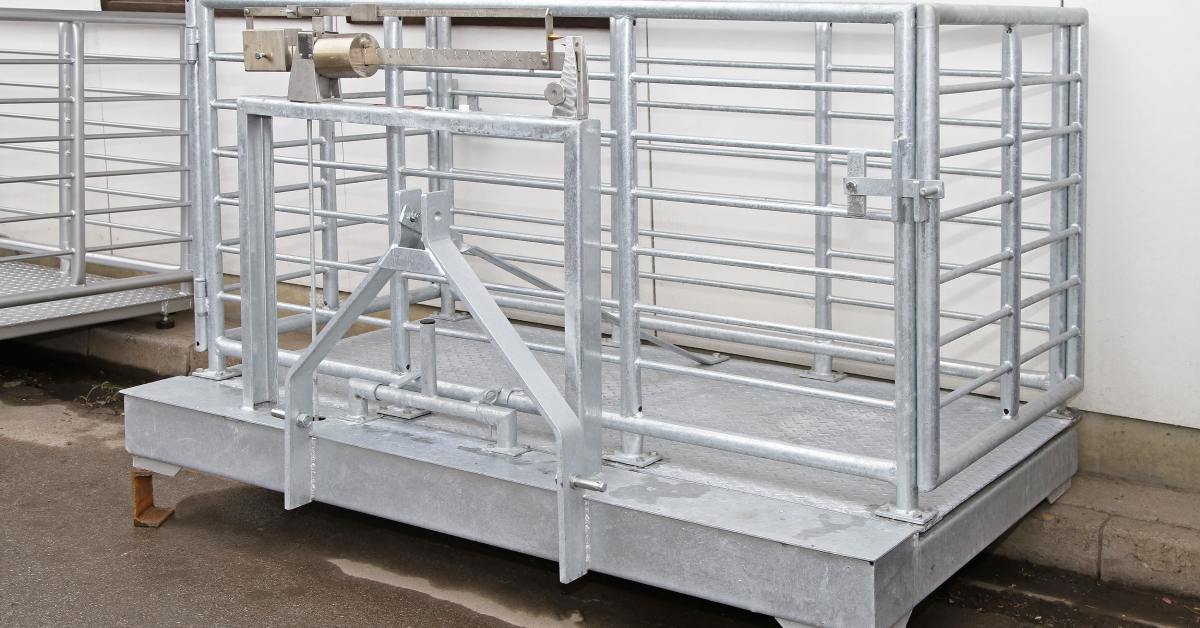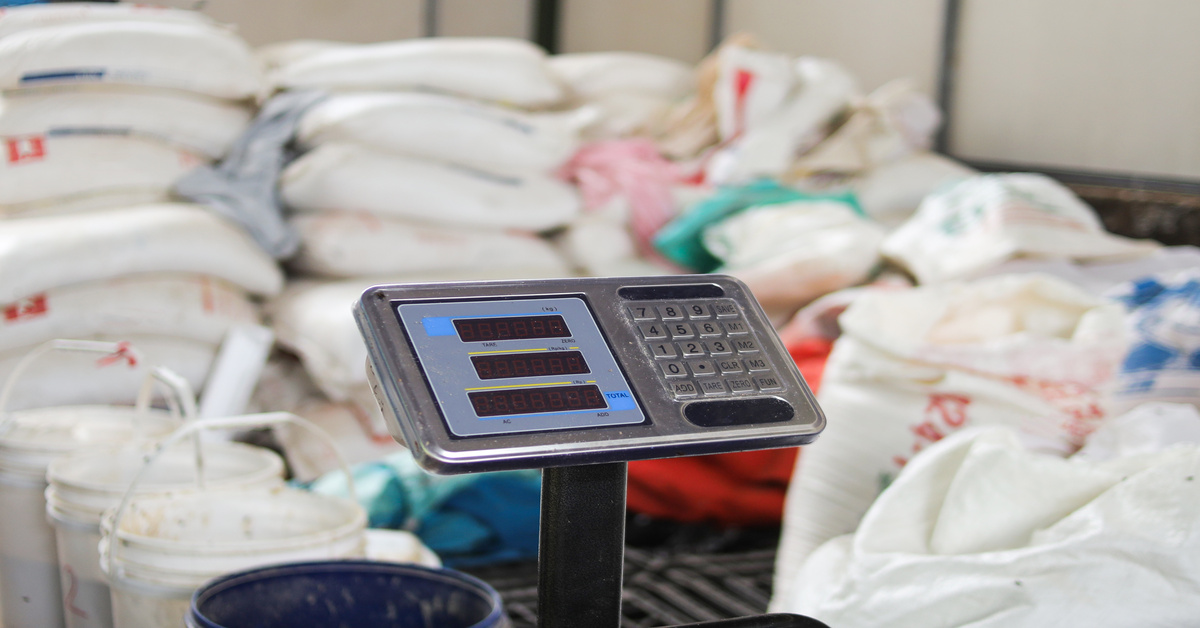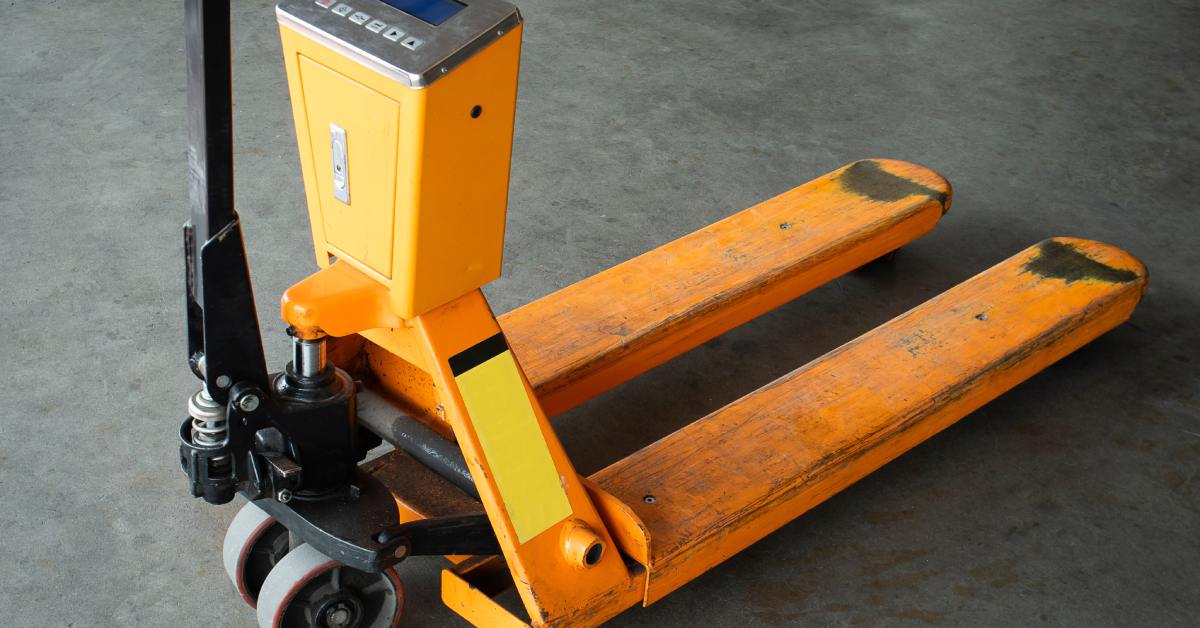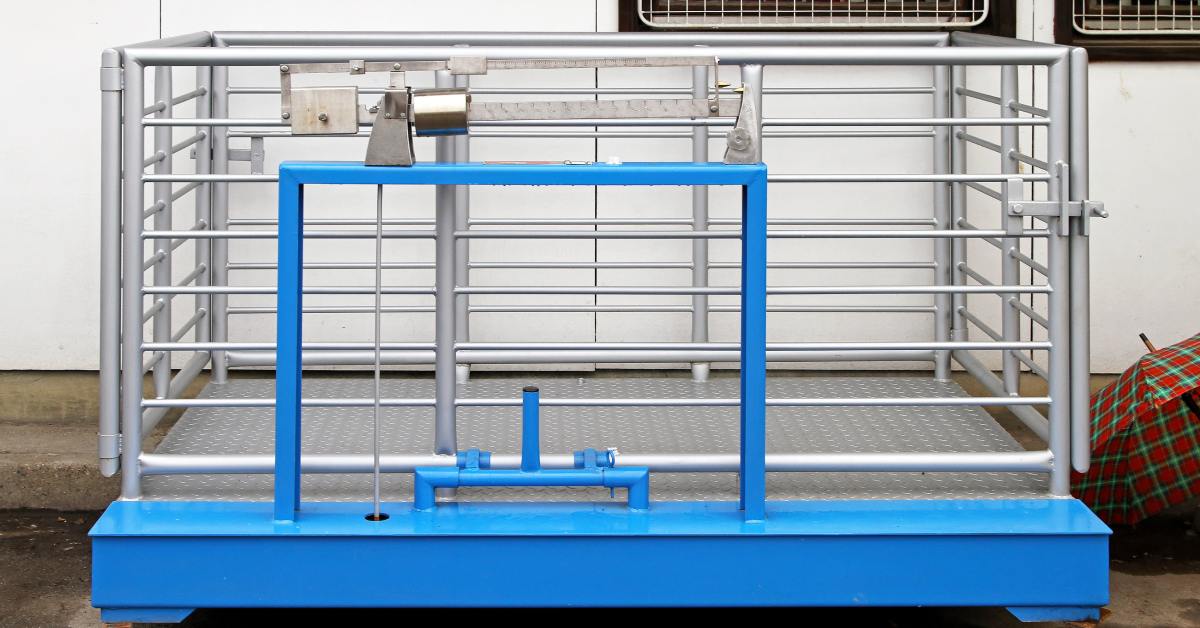Discover why smart scales are gaining popularity in manufacturing. Improve accuracy, efficiency, and data tracking with advanced weighing solutions.
Why the Trucking Industry Uses Individual Axle Scales
Discover why the trucking industry relies on individual axle scales to improve safety, prevent fines, and ensure accurate weight distribution.
The Importance of Keeping Livestock Scales Dirt-Free
Keep livestock scales dirt-free to ensure accurate weights, longer equipment life, safer handling, and reliable performance across daily farm operations.
4 Corrosion-Resistant Coatings for Platform Scales
Platform scales play an important role in many industrial applications. But without proper care and treatment, they fail to do even the simplest of tasks.
Why Analytical Balance Is Important for Vet Scales
Accurate weighing is vital for animal health. Discover why analytical balance and precision are essential for veterinary care, medicine dosing, and safety.
Legal-for-Trade Truck Scale Certification: What Is It?
If you buy or sell products by weight, learn why legal-for-trade certification matters, how NTEP testing works, and how to avoid costly compliance fines.
Impact of Dynamic Loading on Pallet Jack Scale Accuracy
Is movement throwing off your pallet jack scale’s weight readings? Learn how dynamic loading impacts accuracy and how to fix it in your warehouse operations.
Portable Livestock Scales: Hydraulic vs. Digital Load Cells
Compare the durability, precision, and maintenance needs of hydraulic and digital load cells to find the right portable livestock scale for your operations.
Overload Protection Mechanisms in Industrial Crane Scales
Learn how overload protection mechanisms like alarms, mechanical stops, and automatic shutdowns keep your crane scale operations safe and prevent damage.
What Is Electromagnetic Force Restoration?
Let’s discuss what electromagnetic force restoration is so you know exactly how it helps you achieve accurate, reliable readings across many industries.
